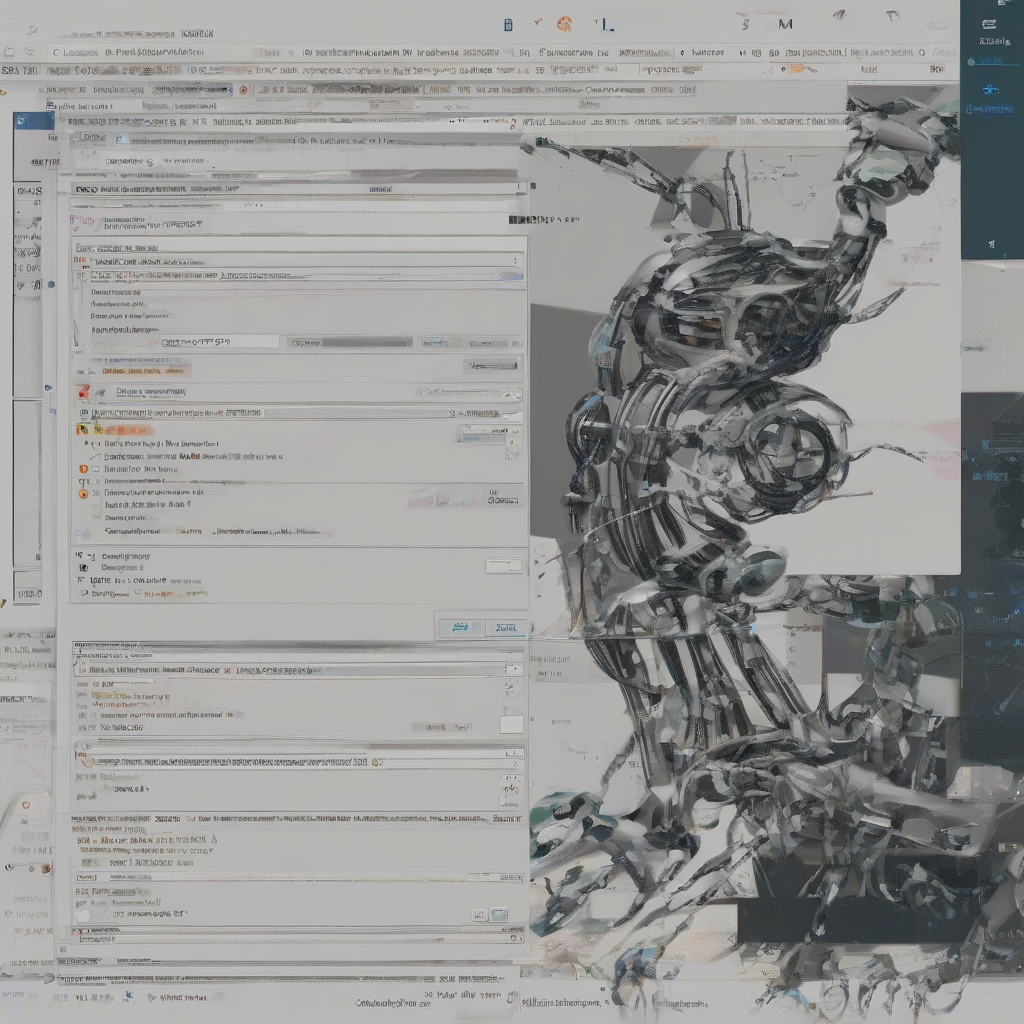Free Online Checking Account No Opening Deposit With Overdraft: Your Ultimate Guide
In today’s digital age, managing your finances online has become increasingly convenient and popular. Many banks and credit unions offer free online checking accounts, eliminating the hassle of traditional banking methods. But what if you’re looking for a free online checking account that also allows for overdraft protection, without requiring an initial deposit? This comprehensive guide will explore the benefits of such accounts, provide insights into finding the best options, and delve into the importance of understanding overdraft fees and their implications.
The Appeal of Free Online Checking Accounts
Free online checking accounts have become highly sought-after for several compelling reasons:
- No Minimum Balance Requirements: Many traditional checking accounts impose minimum balance requirements, which can be challenging to maintain, especially for those on a tight budget. Free online checking accounts often waive these requirements, providing greater flexibility and affordability.
- Convenience and Accessibility: Online banking platforms allow you to access your accounts anytime, anywhere with an internet connection. You can easily track your transactions, transfer funds, and manage your finances from the comfort of your home or on the go.
- Lower Fees: Free online checking accounts typically come with lower fees compared to traditional accounts. This can save you money on monthly maintenance fees, ATM withdrawal fees, and other charges.
- Easy Account Setup: Opening a free online checking account is usually a straightforward process. Many banks offer online applications that can be completed quickly and efficiently.
The Importance of Overdraft Protection
Overdraft protection is a crucial feature for individuals who may occasionally spend more than their available balance. It provides a safety net by covering overdrafts up to a predetermined limit. However, it’s essential to understand the potential costs associated with overdraft protection:
- Overdraft Fees: Banks typically charge fees for each overdraft transaction. These fees can range from $25 to $35 per occurrence, which can significantly add up over time.
- High Interest Rates: Some banks may charge interest on overdraft balances, which can further exacerbate the financial burden.
- Impact on Credit Score: While not all overdraft activity directly affects credit scores, repeated overdrafts can signal financial instability to lenders, potentially impacting your ability to secure loans or credit in the future.
Finding Free Online Checking Accounts With Overdraft Protection
While free online checking accounts with overdraft protection are readily available, it’s important to compare options to find the best fit for your needs. Here’s a guide to help you navigate the process:
1. Consider Your Banking Needs
Before starting your search, evaluate your banking habits and financial goals. Some factors to consider include:
- Transaction Volume: Do you anticipate making frequent transactions or writing checks? Some banks offer free checking accounts with unlimited transactions, while others impose limits.
- ATM Access: If you rely on ATMs for cash withdrawals, look for banks with extensive ATM networks or that offer reimbursement for ATM fees at other institutions.
- Overdraft Protection Features: Understand the different types of overdraft protection offered by various banks. Some may provide overdraft protection through linked savings accounts or lines of credit, while others may charge fees for overdraft coverage.
- Customer Service: Read reviews and testimonials to gauge the quality of customer service provided by the bank. It’s essential to have reliable support in case you need assistance.
2. Compare Online Banking Features
Modern online banking platforms offer a range of features that enhance your financial management. Key aspects to compare include:
- Mobile App Functionality: A robust mobile app allows you to manage your account from anywhere, including making deposits, transferring funds, and paying bills.
- Bill Pay Services: The ability to schedule bill payments online can save you time and ensure that your bills are paid on time.
- Account Aggregation: Some banks offer account aggregation, allowing you to view all your financial accounts, including those from other institutions, in one consolidated platform.
- Security Features: Ensure that the bank offers robust security measures to protect your personal and financial information.
3. Research Overdraft Protection Policies
Carefully review the overdraft protection policies of each bank. Pay attention to the following:
- Overdraft Fee Structure: Understand the specific fees associated with overdraft transactions and how they are calculated.
- Overdraft Coverage Limit: Determine the maximum amount of overdraft coverage offered by the bank.
- Overdraft Protection Options: Explore whether the bank provides alternative overdraft protection options, such as linked savings accounts or lines of credit, which may be more favorable than traditional overdraft fees.
4. Consider Alternative Options
If you find that free online checking accounts with overdraft protection don’t meet your specific needs or budget, consider these alternative options:
- Credit Unions: Credit unions are member-owned financial institutions that often offer lower fees and more personalized service. They may also provide overdraft protection programs with less stringent requirements.
- Prepaid Debit Cards: Prepaid debit cards can be a convenient option for managing spending, as they allow you to load funds onto the card and spend only what you have available. They generally don’t offer overdraft protection but can help prevent overspending.
- Savings Accounts: If you’re concerned about overdraft fees, consider keeping a small amount of money in a linked savings account to cover unexpected expenses.
Tips for Avoiding Overdraft Fees
While overdraft protection can be beneficial, it’s best to avoid overdraft situations whenever possible. Here are some tips for managing your finances effectively:
- Track Your Spending: Use budgeting tools or mobile apps to keep track of your income and expenses. This can help you identify potential overspending issues before they arise.
- Set Up Account Alerts: Configure account alerts to notify you when your balance falls below a certain threshold. This gives you time to take corrective action, such as transferring funds from a savings account or reducing spending.
- Review Your Transactions: Check your bank statements regularly to ensure that all transactions are accurate and that you haven’t made any mistakes.
- Consider a Linked Savings Account: Setting up a linked savings account can provide an automatic safety net for unexpected expenses. If your checking account balance falls below a certain limit, funds can be transferred from the linked savings account to cover the overdraft.
- Prioritize Essential Bills: Make sure to prioritize essential bill payments to avoid late fees and potential overdraft situations.
Understanding Overdraft Fees and Their Implications
Overdraft fees can significantly impact your finances, especially if you’re on a tight budget. Understanding how these fees work and their potential consequences is crucial.
- Fee Structure: Banks typically charge a flat fee for each overdraft transaction, which can range from $25 to $35 or more. Some banks may also charge a daily overdraft fee if the balance remains negative for an extended period.
- Impact on Your Finances: Overdraft fees can quickly add up, eating into your savings and potentially leading to a cycle of debt. Repeated overdraft situations can create a financial burden and make it difficult to achieve your financial goals.
- Credit Score Implications: While not all overdraft activity directly affects credit scores, frequent overdrafts can signal financial instability to lenders. This can negatively impact your credit score, making it more challenging to secure loans or credit in the future.
- Legal Ramifications: In some cases, overdraft fees may be considered usurious or predatory lending practices. If you believe you’re being charged excessive fees, consult with a financial advisor or legal professional.
Conclusion
Free online checking accounts with overdraft protection offer a convenient and potentially cost-effective way to manage your finances. However, it’s crucial to carefully compare options and understand the associated fees and policies. By choosing an account that aligns with your banking needs and implementing strategies to avoid overdraft situations, you can enjoy the benefits of convenient online banking while protecting your financial well-being.


